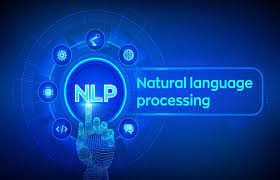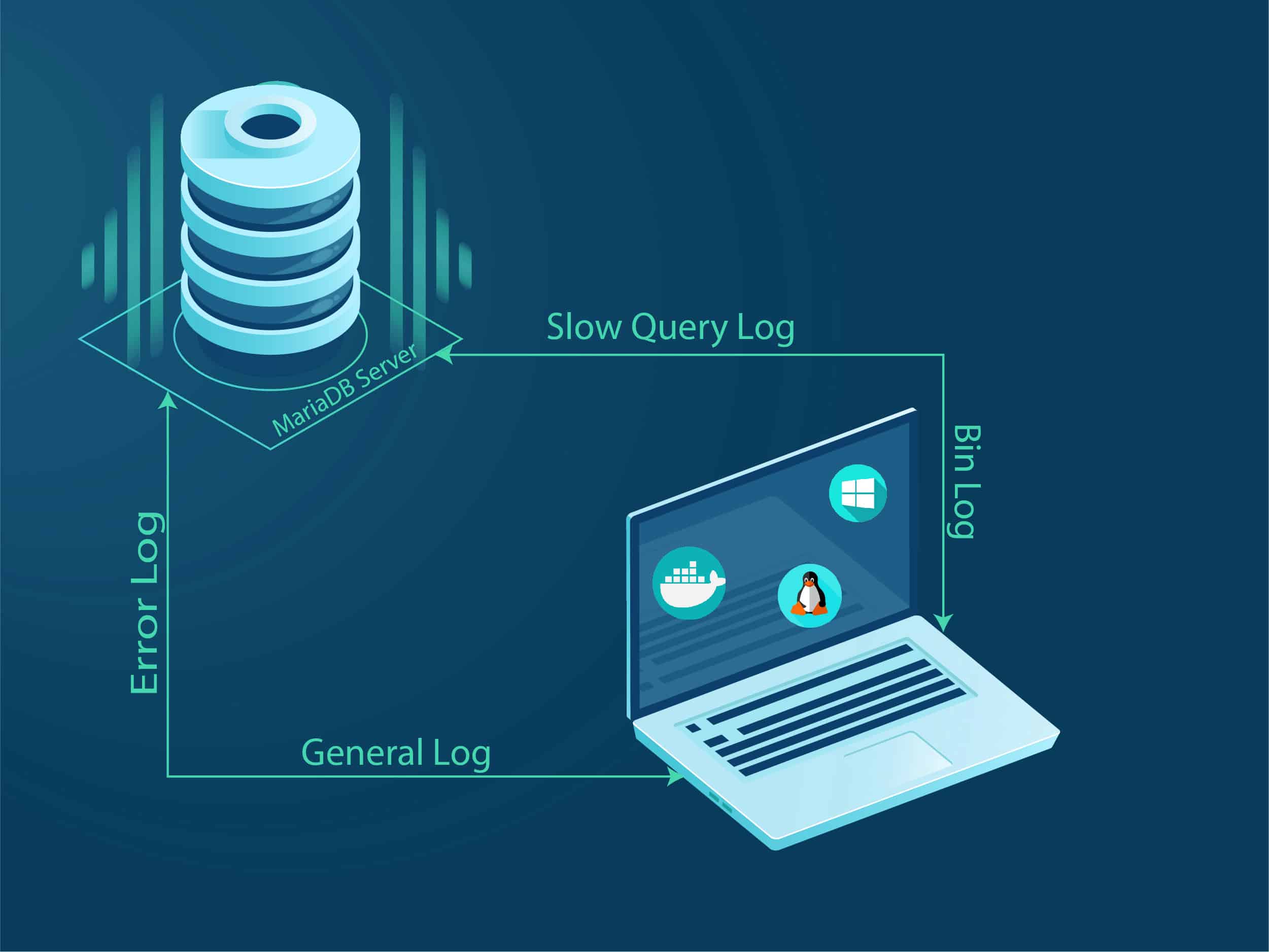Content
In addition, the data processor will have to notify the controller without undue delay after becoming aware of a personal data breach . However, the notice to data subjects is not required if the data controller has implemented appropriate technical and organisational protection measures that render the personal data unintelligible to any person who is not authorised to access it, such as encryption . The data protection reform package also includes a separate Data Protection Directive for the police and criminal justice sector that provides rules on personal data exchanges at State level, Union level, and international levels. Article 37 requires appointment of a data protection officer. Binding corporate rules, standard contractual clauses for data protection issued by a Data Processing Agreement , or a scheme of binding and enforceable commitments by the data controller or processor situated in a third country, are among examples. Controllers and processors of personal data must put in place appropriate technical and organizational measures to implement the data protection principles. Business processes that handle personal data must be designed and built with consideration of the principles and provide safeguards to protect data .

To be able to demonstrate compliance with the GDPR, the data controller must implement measures that meet the principles of data protection by design and by default. Article 25 requires data protection measures to be designed into the development of business processes for products and services. Such measures include pseudonymising personal data, by the controller, as soon as possible . As such, the data subject must also be provided with contact details for the data controller and their designated data protection officer, where applicable. Data controllers must clearly disclose any data collection, declare the lawful basis and purpose for data processing, and state how long data is being retained and if it is being shared with any third parties or outside of the EEA. Firms have the obligation to protect data of employees and consumers to the degree where only the necessary data is extracted with minimum interference with data privacy from employees, consumers, or third parties.
How Do GDPR and DPA Affect My Business?
Pseudonymisation is a privacy-enhancing technology and is recommended to reduce the risks to the concerned data subjects and also to help controllers and processors to meet their data protection obligations . The nature of the personal data breach, including the number and categories of data subjects and personal data records affected. SaaS vendors will need to ensure compliance with GDPR if they wish to grow the EU’s business. The quickest way to comply is to ensure you establish a comprehensive data protection framework that covers all elements of the GDPR’s requirements. The EU does provide different templates, such as filing a breach notification, but compliance will depend on the information security policies and procedures you establish in your company. Today’s organizations collect massive amounts of personal information in the course of normal business operations.
Does GDPR apply to private individuals?
The one caveat to that that the GDPR does not apply to people processing personal data in the course of exclusively personal or household activity. This means you wouldn’t be subject to the Regulation if you keep personal contacts’ information on your computer or you have CCTV cameras on your house to deter intruders.
As a result, many companies find themselves having to think about new methods of attracting consumers and generating revenue. Analyst Gartner has suggested thatsome companies may have to rethink their data center strategyas a result of legislation such as GDPR. Publishers aren’t the only organisations that are having to come to terms with the new reality as some of the largest technology companies including Facebook say they’ve started to feel the bite of GDPR. The social network has blamed GDPR for a decline of about a million monthly users during the second quarter of the year, as well as a dip in advertising revenue growth within Europe. There’s no ‘one size fits all’ approach to preparing for GDPR. Rather, each business needs to know what exactly needs to be achieved to comply and who is the data controller who has taken responsibility for ensuring it happens. As of May 2019, Google is the recipient of the largest GDPR fine – fined €50m by the French data protection watchdog in January 2019.
What are the Steps to Ensure GDPR Compliance?
These requirements may be more stringent than those required in the jurisdiction in which the site is located. After around 160 million Euros in GDPR fines were imposed in 2020, the figure was already over one billion Euros in 2021. As per a study conducted by Deloitte in 2018, 92% of companies believe they are able to comply with GDPR in their business practices in the long run. Organisations based outside the EU must also appoint an EU-based person as a representative and point of contact for their GDPR obligations . This is a distinct role from a DPO, although there is overlap in responsibilities that suggest that this role can also be held by the designated DPO.
I suggest speaking with a lawyer, just to be sure given your unique circumstance. As these GDPR-related questions are very specific to your business, I recommend that you speak with a lawyer. We have a 20 year old database with thousands of contacts, 75% prospects, and a team of cold callers / warm callers etc, as is typical with many companies. Or is the whole point that they need to opt in for us to do this. For prospects, I recommend reaching out to them to ask for consent to store their data, just to be sure. Privacy by design requires that all departments in a company look closely at their data and how they handle it. There are many things a company has to do in order to be compliant with GDPR.
Get the GDPR for Beginners eBook
Compliance will cause some concerns and new expectations of security teams. For example, the GDPR takes a wide view of what constitutes personal identification information. Companies will need the same level of protection for things like an individual’s IP address or cookie data as they do for name, address and Social Security number. In preparing for GDPR, bodies such as the ICO offered general guidance on what should be considered. All organisations need to ensure they’ve carried out all the necessary impact assessments are and GDPR compliant, or risk falling foul of the new directives. In the case of public authorities, a single DPO can be appointed across a group of organisations. While it isn’t mandatory for organisations outside of those above to appoint a DPO, all organisations need to ensure they have the skills and staff necessary to be compliant with GDPR legislation.
- The records shall be in electronic form and the controller or the processor and, where applicable, the controller’s or the processor’s representative, shall make the record available to the supervisory authority on request.
- GDPR is the framework the EU uses to enforce these rights.
- The article is really needed at this time and the details stated in the article are good and well knowledgeable.
- There are no exemptions to this rule, and any processing must stop as soon as the request is received.
- This was well before the internet became the online business hub that it is today.
- Unfortunately, I haven’t come across any small business templates.
- Under GDPR, any data that could be used to identify an individual must be protected.
Under the terms of GDPR, an organisation must appoint a Data Protection Officer if it carries out large-scale processing of special categories of data, carries out large scale monitoring of individuals such as behaviour tracking or is a public authority. This must include approximate data about the breach, including the categories of information and number of individuals compromised as a result of the incident, and the categories and approximate numbers of personal data records concerned. The latter takes into account how there can be multiple sets of data relating to just a single individual. GDPR also brings a clarified ‘right to be forgotten’ process, which provides additional rights and freedoms to people who no longer want their personal data processed to have it deleted, providing there’s no grounds for retaining it. GDPR ultimately places legal obligations on a processor to maintain records of personal data and how it is processed, providing a much higher level of legal liability should the organisation be breached. GDPR applies to any organisation operating within the EU, as well as any organisations outside of the EU which offer goods or services to customers or businesses in the EU. That ultimately means that almost every major corporation in the world needs a GDPR compliance strategy.
Under the GDPR provisions that promote accountability and governance, companies need to implement appropriate technical and organisational measures. These could include data protection provisions , as well as keeping documentation on processing activities. Other tactics that organisations can look at include data minimisation and pseudonymisation, or allowing individuals to monitor processing, the ICO said. If you were subject to the UK’s Data Protection Act, for example, you’ll likely need to be GDPR compliant, too. Facebook and subsidiaries WhatsApp and Instagram, as well as Google LLC , were immediately sued by Max Schrems’s non-profit NOYB just hours after midnight on 25 May 2018, for their use of “forced consent”. Schrems asserts that both companies violated Article 7 by not presenting opt-ins for data processing consent on an individualized basis, and requiring users to consent to all data processing activities or would be forbidden from using the services. On 21 January 2019, Google was fined €50 million by the French DPA for showing insufficient control, consent, and transparency over use of personal data for behavioural advertising.
- The volume of online behavioural advertising placements in Europe fell 25–40% on 25 May 2018.
- Fifty percent of all respondents said they would be more likely to shop at a company that could prove it takes data protection seriously.
- This is the date by which organizations must be compliant.
- Thereafter, the regulation will be referred to as “UK GDPR”.
- 2Personal data which have undergone pseudonymisation, which could be attributed to a natural person by the use of additional information should be considered to be information on an identifiable natural person.
- A data subject must be able to transfer personal data from one electronic processing system to and into another, without being prevented from doing so by the data controller.











